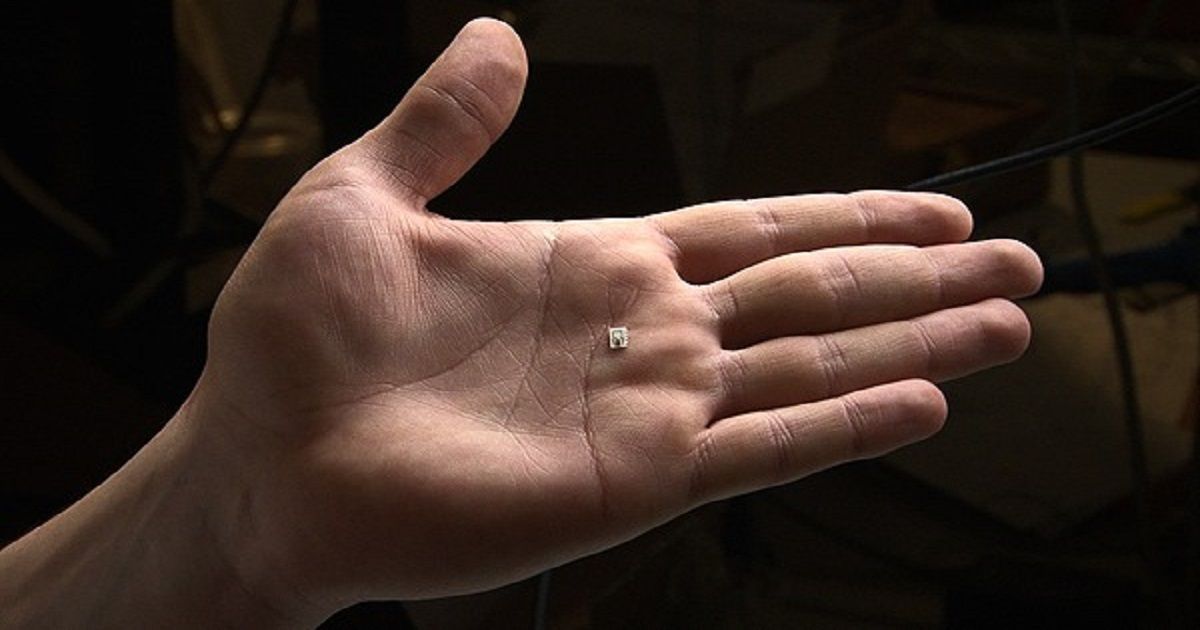Page 9178
Sep 22, 2017
Too few antibiotics in pipeline to tackle global drug-resistance crisis, WHO warns
Posted by Derick Lee in categories: biotech/medical, health, policy
Ed Whiting, director of policy at the Wellcome Trust agreed and said: “There is no doubt of the urgency – the world is running out of effective antibiotics and drug-resistant infections already kill 700,000 people a year globally. We’ve made good progress in getting this on the political agenda. But now, a year on from a major UN agreement, we must see concerted action – to reinvigorate the antibiotic pipeline, ensure responsible use of existing antibiotics, and address this threat across human, animal and environmental health.”
The report’s authors have found 51 new antibiotics and biologicals currently in development that may be able to treat the diseases caused by these resistant bugs. But that will not be anywhere near enough because of the length of time it takes to get drugs approved and onto the market, and because inevitably some of the drugs will not work.
“Given the average success rates and development times in the past, the current pipeline of antibiotics and biologicals could lead to around 10 new approvals over the next five years,” says the report. “However, these new treatments will add little to the already existing arsenal and will not be sufficient to tackle the impending antimicrobial resistance threat.”
Sep 21, 2017
ARCA’s revolutionary aerospike engine completed and ready for testing
Posted by Klaus Baldauf in categories: energy, space

ARCA Space Corporation has announced its linear aerospike engine is ready to start ground tests as the company moves towards installing the engine in its Demonstrator 3 rocket. Designed to power the world’s first operational Single-Stage-To-Orbit (SSTO) satellite launcher, the engine took only 60 days to complete from when fabrication began.
Over the past 60 years, space launches have become pretty routine. The first stage ignites, the rocket lifts slowly and majestically from the launch pad before picking up speed and vanishing into the blue. Minutes later, the first stage shuts down and separates from the upper stages, which ignite and burn in turn until the payload is delivered into orbit.
Continue reading “ARCA’s revolutionary aerospike engine completed and ready for testing” »
Sep 21, 2017
Scientists spot sleeping jellyfish
Posted by Dan Kummer in categories: biological, neuroscience
Sept. 21 (UPI) — Scientists have observed, for the first time, a jellyfish in a sleep-like state. It’s the first time an animal without a brain or central nervous system has been observed sleeping.
The findings — detailed this week in the journal Current Biology — could help scientists finally answer the questions: Do all animals sleep?
All vertebrates studied by scientists sleep, but researchers haven’t been able to agree whether or not sleep is ubiquitous, or even common, among invertebrates. Studies have suggested fruit flies and roundworms sleep, but what about more primitive organisms like sponges and jellyfish?
Sep 21, 2017
This telescope can help us find extraterrestrial life WITHOUT going to space
Posted by Paul Gonçalves in category: alien life
Sep 21, 2017
Scientists discover ‘master gene’ crucial for successful pregnancy
Posted by Dan Kummer in categories: bioengineering, biotech/medical, genetics, government
S cientists have edited human embryos for the first time in the UK to discover a “master gene” that underpins successful pregnancies. The “game-changing” research promises improved IVF outcomes and a breakthrough in understanding why so many pregnancies fail.
The Government-funded investigation, undertaken by the Francis Crick Institute, is the first to prove that gene editing can be used to study the genetic behaviour of human embryos in their first few days of life.
Sep 21, 2017
Four Ways We Can “Swallow the Doctor”
Posted by Brady Hartman in categories: biotech/medical, nanotechnology, robotics/AI
Summary: Nanodocs? #Swallow #the #doctor? The authors of a recent research study, says soon we will be able to “swallow the surgeon.” Using medical #nanobots to diagnose and treat disease from inside the body. Study authors documented recent advances in nanotechnology tools, such as nanodrillers, microgrippers, and microbullets – and show how #nanodocs have tremendous potential in the areas of precision surgery, detection, detoxification and targeted drug delivery.
Summary: Nanodocs? Swallow the doctor? The authors of a recent research study, say the concept of “swallow the surgeon” – or using medical nanobots to diagnose and treat disease from inside the body – may be closer than we think. Study authors document recent advances in nanotechnology tools, such as nanodrillers, microgrippers, and microbullets – and show how nanodocs have tremendous potential in the areas of precision surgery, detection, detoxification and targeted drug delivery. Cover photo: The old way to swallow the surgeon. Credit: R. Collin Johnson / Attributed to Stanford University.
Imagine that you need to repair a defective heart valve, a major surgery. Instead of ripping your chest cut open, a doctor merely injects you with a syringe full of medical nanorobots, called nanodocs for short. You emerge from the ‘surgery’ unscathed, and your only external wound is the puncture hole from the injection.
Sep 21, 2017
The Immune System Is Critical to Tissue Regeneration
Posted by Steve Hill in category: biotech/medical
One of the most intriguing questions in biology is how can some animals regenerate their major body parts like hearts and limbs and others cannot?
A new study led by Dr. James Godwin from the MDI Biological Laboratory suggests that the innate immune system could be the answer.
Sep 21, 2017
German Party for Health Research: Together Against Age-related Diseases
Posted by Elena Milova in categories: biotech/medical, life extension

German Party for Health Research is calling for more funding for studies on aging and age-related diseases! Nice initiative! Good luck!
It seems the only reason why the situation with state funding for medical research has not improved over time in a given country is the lack of well-organized public initiatives to support the necessary changes.
Continue reading “German Party for Health Research: Together Against Age-related Diseases” »
















